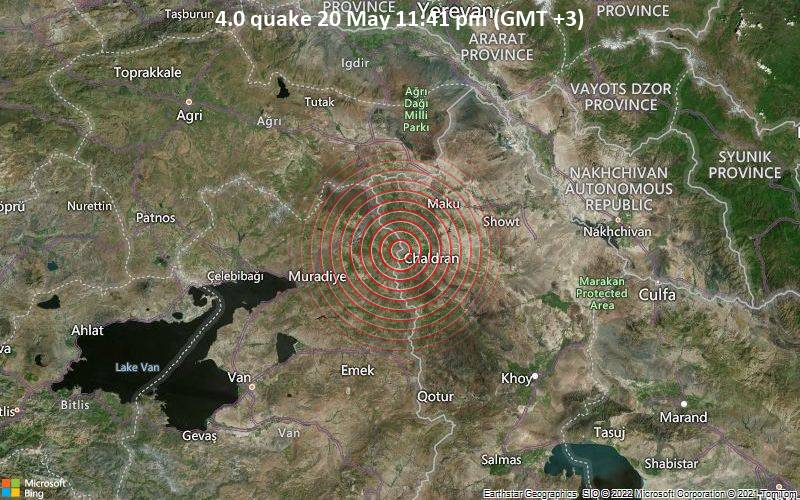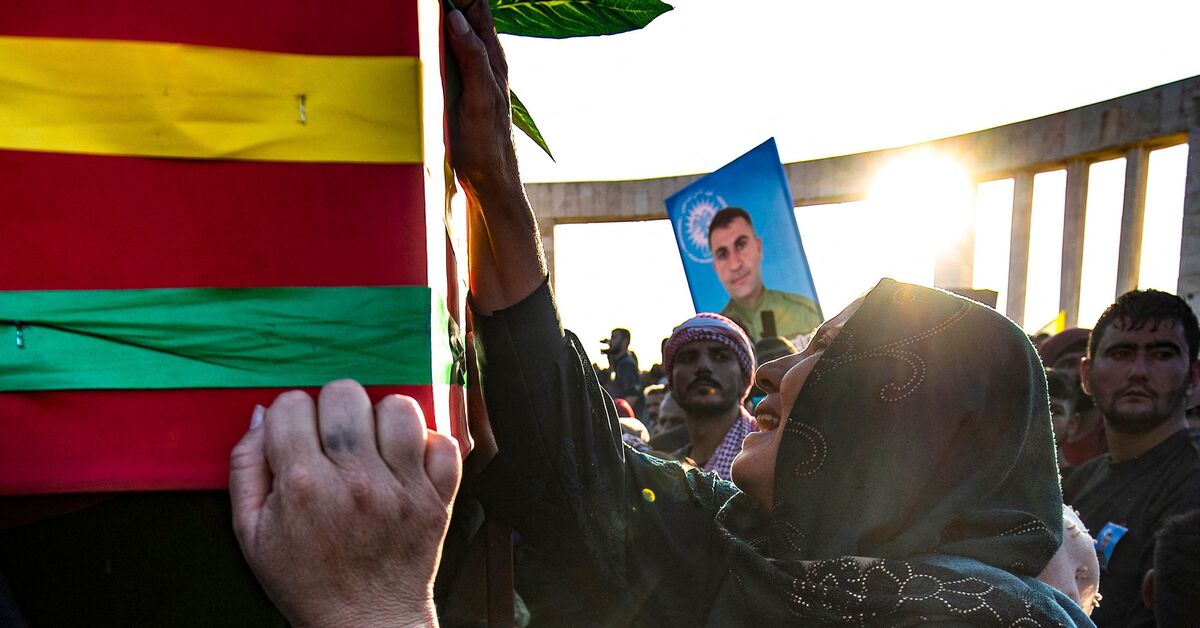Turkiye and India: A relationship gone wrong for the wrong reasons – CNBC TV18
The whole world abhors terrorism, extremism, and radicalisation—except those who nurture and perpetuate them. Unless and until the political leadership of Türkiye believes in and identifies with the malicious and destructive mindset and policies of the Pakistani deep state against India, there is no reason for them to be blindly supporting—and in turn sustaining—their malignant behaviour. If they are true friends of the Pakistani people, and not merely the deep state, they should be prevailing upon them to desist from this self-destructive path to hell—where even the so-called access to the hoors will be denied.
On 22 April, terrorists from The Resistance Front (TRF), supported by the deep state in Rawalpindi, carried out one of the most heinous and dastardly attacks, killing 26 innocent tourists in Pahalgam, J&K, based solely on their religion and asking the widowed women to carry the message to Indian Prime Minister Narendra Modi. We have endured a history of such attacks from across the border for over three decades, as Pakistan and its deep state continue to pursue and use cross-border terrorism as an instrument of their foreign policy against India—under the bogey of nuclear blackmail and shallow sympathy for the Kashmiris, who were, ironically, the ones most affected in the recent attacks.
The world stood in shock and sympathy with India and condemned these horrific terror attacks—but not all. India struck back decisively. Those who still stood all the way with Pakistan diplomatically and militarily were China, Türkiye, and Azerbaijan, and they have rightly been called out. No doubt, even though Ankara may project otherwise, Pakistani Prime Minister Shehbaz Sharif was with President Erdogan when the Pahalgam mayhem occurred. Subsequently, Türkiye sent one or more C-130 aircraft—reportedly carrying ammunition, drones, and weapons—after the terror attacks, while their naval ships docked at Karachi Port for a “goodwill” visit in the run-up to India’s retaliation. Could these be mere coincidences? Many would argue not.
Indeed, the actual behaviour from Ankara justified its ironclad support to Rawalpindi. It is worth noting that Turkish drones and other equipment proved utterly ineffective during the Indian missile and drone strikes that rained over Pakistan, significantly decimating their military capabilities.
On May 7, 2025, the Turkish Foreign Ministry condemned India’s missile strikes on Pakistan, describing them as “provocative” and warning that they risked triggering an all-out war. The ministry emphasised the need for both nations to act with common sense and to avoid unilateral actions that could escalate tensions. Such provocative and one-sided statements have created a popular furore in India, impacting the people-to-people (P2P) connect, which had previously been the sole driving force of the relationship.
As a result, Turkish drones have now become a symbol of the “Boycott Türkiye” sentiment among the average Indian, while the Indian government is mulling its own responses. Educational institutions such as JNU and Jamia Millia Islamia have reviewed and suspended cooperation with their Turkish counterparts. Trade bodies like FIEO have cancelled delegations, while others have discontinued their industry associations. As the Indian public becomes more discerning in avoiding Turkish goods, vendors and importers are cancelling orders. Turkish Airlines and IndiGo are under pressure as tour operators cancel trips to Istanbul and Baku due to their blind support for Islamabad’s terror acts. India and Türkiye have a trade volume exceeding $10 billion, and mutual investments of $200 million each, with acknowledged potential for much more.
Naturally, there could be far greater collaboration in the trade and economic domains—but for that, geopolitics must also be aligned. India’s red lines must be respected, even while countries exercise their sovereign right to choose their allies. I must admit that during my visits across the spectrum, I have encountered robust voices in Türkiye that do not agree with the misplaced Pakistan-centric approach of their political leadership. They recognise the enormous potential in collaborating with India—the fourth-largest economy, the largest democracy, boasting the biggest consumer base, a benign global leader, and a G20 partner—when compared to an economic basket case.
Many decades ago, in his celebrated and contested magnum opus The Clash of Civilizations, Samuel Huntington predicted that as the twentieth-century contest wound down, the pro-Western leanings of Turkey’s secular elite would be displaced by nationalist and Islamic elements. One can only hope that if this is indeed the case during the Erdogan era, they would choose to view the second-largest Muslim nation in the world—India—in a different light. India stood by Türkiye nearly a century ago during the Khilafat Movement in solidarity. More recently, India was among the first to come to Türkiye’s aid through Operation Dost in the wake of devastating earthquakes.
In the final analysis, the friends of Pakistan must conduct a thorough cost-benefit analysis for their own good and initiate a credible course correction in their national interest. Otherwise, their relations with India will sink to a new low—which would be a pity. Time is of the essence.
—The author, Amb. Anil Trigunayat is a global affairs expert and a former ambassador of India to Jordan, Libya and Malta. The views expressed are personal.



